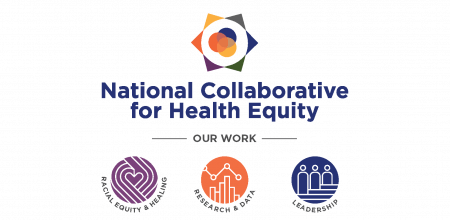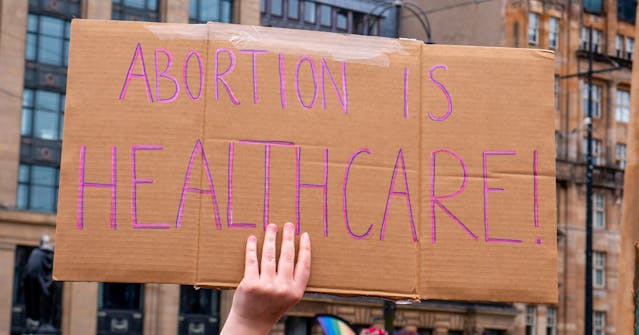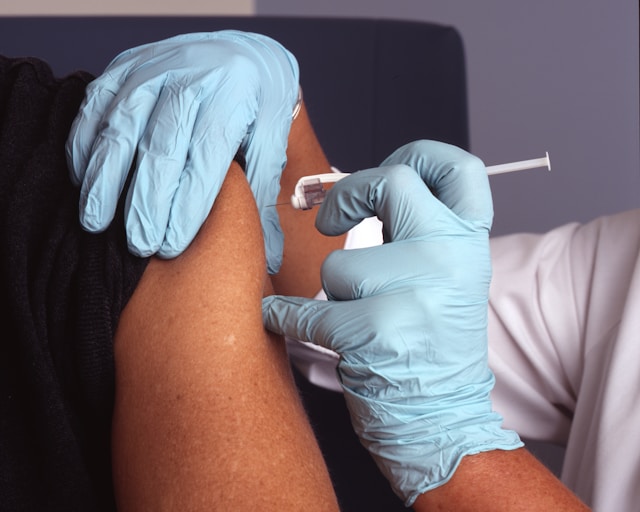
NATIONAL COLLABORATIVE FOR HEALTH EQUITY APPLAUDS AMERICA’S HEALTH RANKINGS HEALTH DISPARITY REPORT
Investing in Comprehensive Data is Critical to Achieving Health Equity
WASHINGTON – The National Collaborative for Health Equity (NCHE) today applauded the America’s Health Rankings Health Disparities Report as an example of health research that must continue to provide accurate data that is an important tool against health inequities devastating low-income and communities of color across the country.
The Disparities Report, which was produced by The United Health Foundation, found a strong link between educational attainment and health, noting that adults lacking a high school education face the greatest social, economic and health challenges. Households headed by individuals with less than a high school education have a poverty rate of 30.7%, which was six times higher than households headed by college graduates (5.2%).
“We learned from Covid-19 that incomplete health data is detrimental to communities that face health disparities,” said Dr. Gail Christopher NCHE’s executive director. “The Disparities Report revealed important health trends that can be addressed, and lead to improved health outcomes. We must improve our knowledge of the health challenges faced in communities of color. That was proven during the pandemic.”
A year ago, NCHE helped launch the Health Opportunity and Equity (HOPE) Initiative, a state-of-the-art platform supporting a new narrative on health inequities and providing comprehensive data on populations of color so it can be utilized as a critical resource for policymakers, as well as the medical and public health fields.
“The HOPE Initiative was groundbreaking research,” said Dr. Christopher. “The data has helped public health officials move beyond identifying inequities in communities of color to spurring action addressing social determinants affecting their health. But we can’t stop there. The Disparities Report and other research must enlighten public health officials about the trends we often aren’t aware of until too late.”
The Disparities Report found persistent and growing disparities in maternal mortality. In 2015-2019, Black mothers (43.8 deaths per 100,0 0 0 live births) had a maternal mortality rate that was 3.4 times higher than Hispanic mothers (12.7 deaths per 100,000 live births). Between 2005-2009 and 2015-2019, maternal mortality rates increased 22% among Black mothers, from 35.8 to 43.8 deaths per 100,000 live births. But the maternal mortality rate also increased 55% for white mothers (from 11.2 to 17.3 deaths per 100,000 live births) and 23% for Hispanic mothers (from 10.3 to 12.7 deaths per 100,000 live births) during this time period.
Further, the report found that deep and persistent disparities in mental and behavioral health have existed by gender, educational attainment and race and ethnicity – and have worsened for some subpopulation groups. The rate of depression was three times higher for multiracial (27.1%) and American Indian/Alaska Native adults (24.6%) and 2.5 times higher for white adults (21.1%) than Asian/Pacific Islander adults (8.6%). Despite performing better than other groups, Asian/Pacific Islander adults experienced the highest increase (23%) in the rate of depression from 7.0% in 2011-2013 to 8.6% in 2017-2019.
Before the COVID-19 pandemic, the report said, some progress was made in reducing the rate of severe housing problems. Between 2005-2009 and 2013-2017, households headed by Hispanic individuals experienced the greatest decline (11%) in severe housing problems, followed by Asian/Pacific Islander (8%) and Black individuals (5%). Despite progress in reducing the percentage of households facing severe housing problems, households headed by Hispanic (29.9%), Black (25.3%) and America Indian/Alaska Native (24.2%) individuals had a rate of severe housing problems roughly two times higher than households headed by white (13.4%) individuals.
“This is the type of health data that must continue to flow to policy makers and be leveraged for actions needed to achieve health equity,” Dr. Christopher said.








